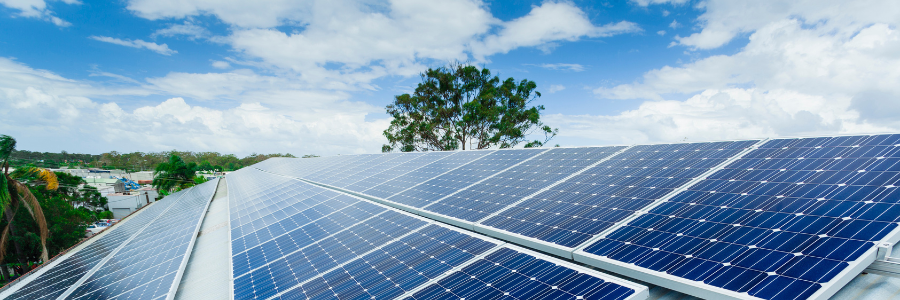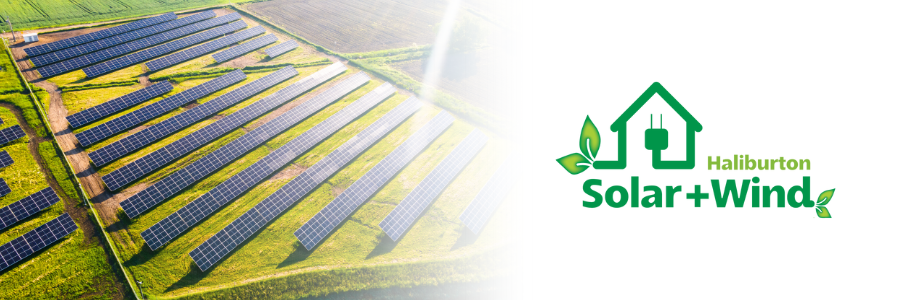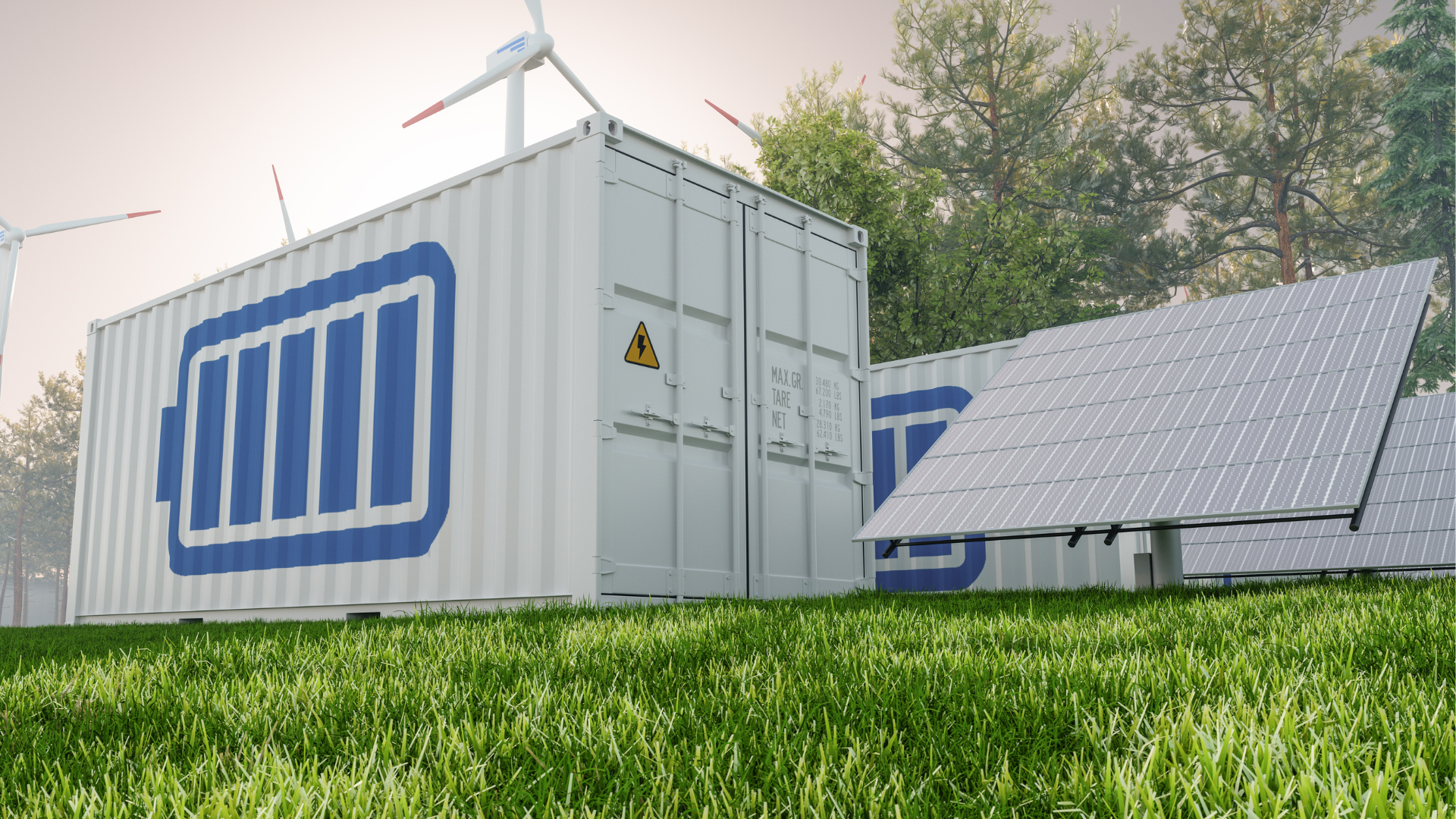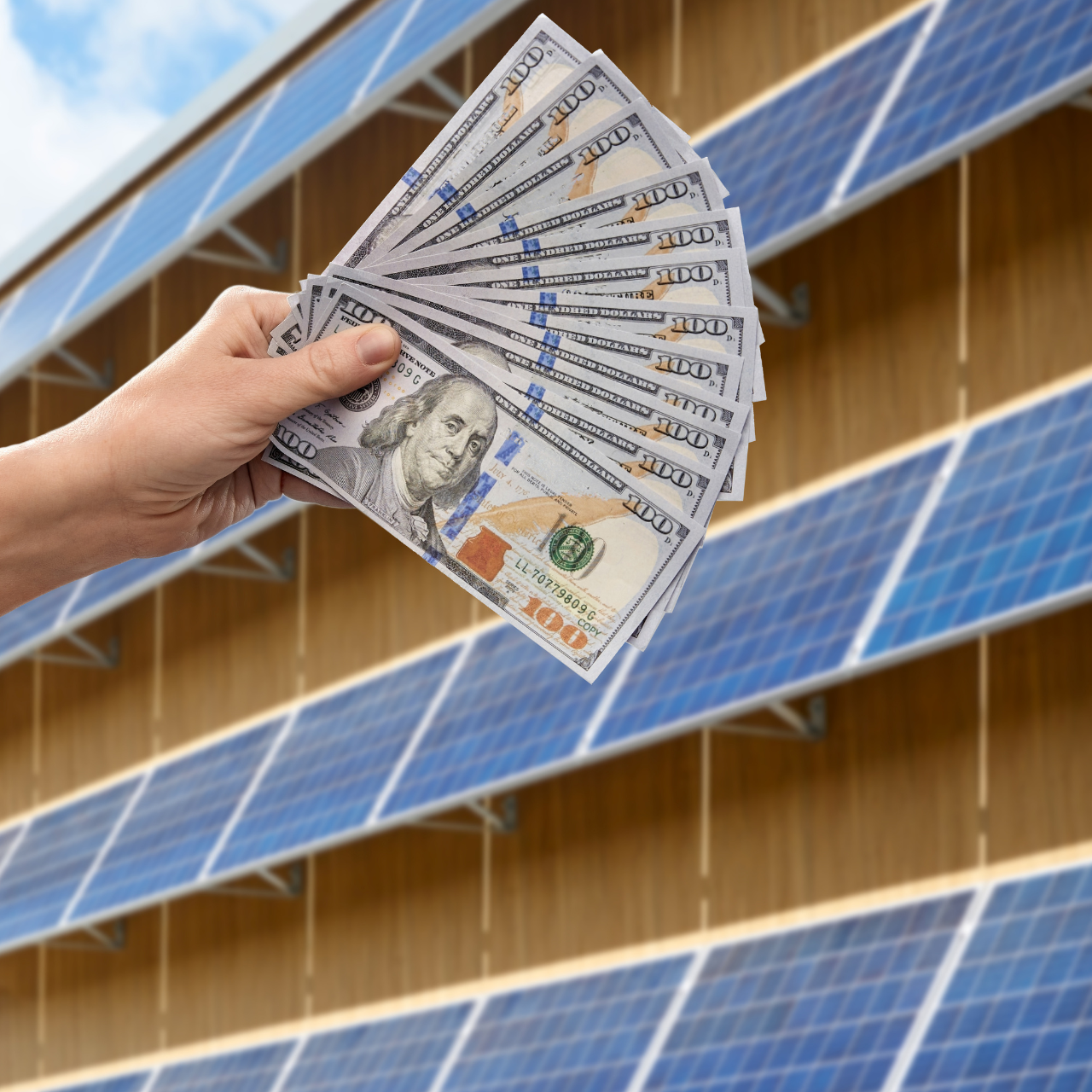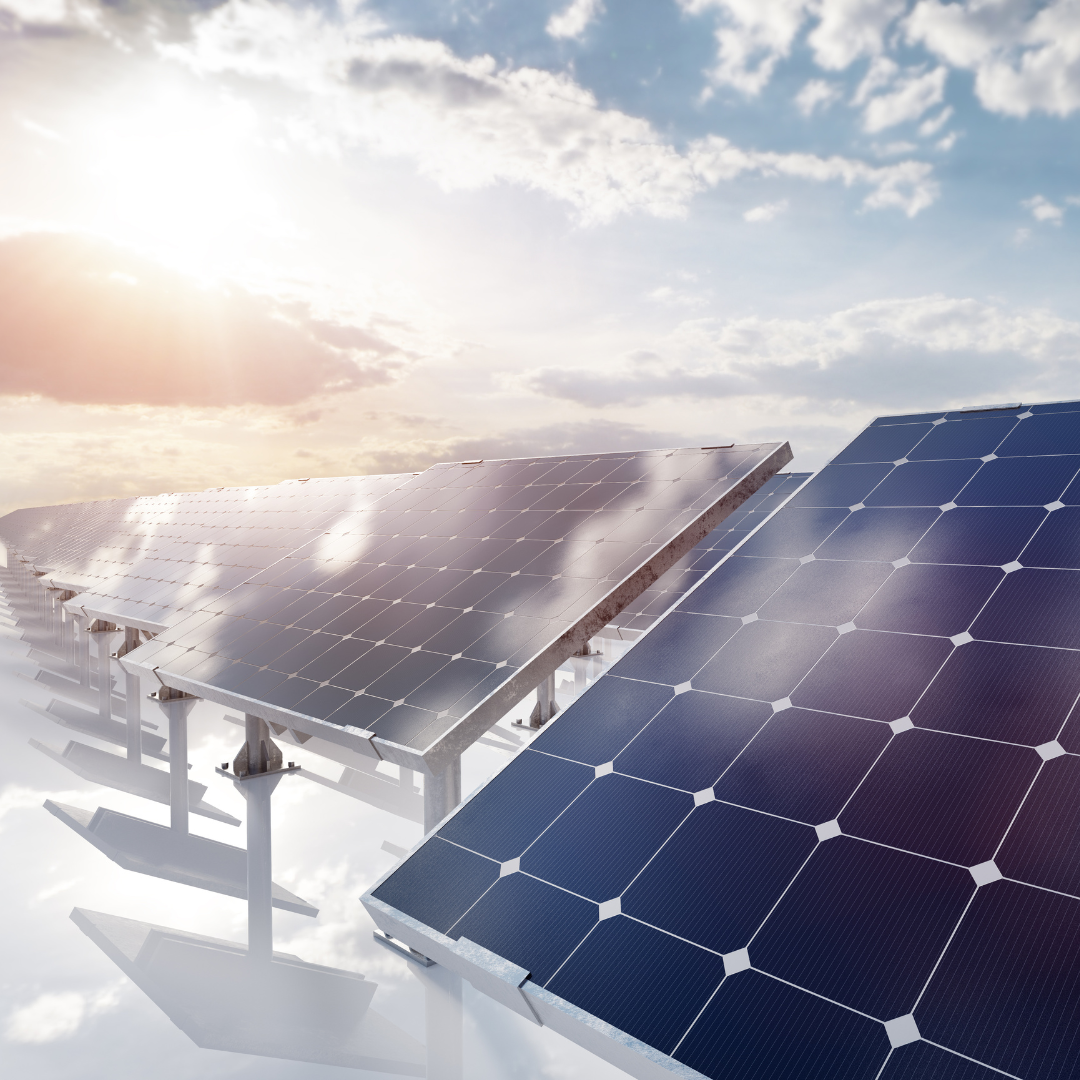How Much Does A Solar Panel Weight?
Solar panels have become a popular choice for generating clean energy. However, one question that often arises is how much do solar panels weigh? The weight of a solar panel can vary depending on several factors, including the size of the panel, the type of panel, and the materials used in its construction. In this article, we will explore these factors and provide key takeaways regarding the average weight of solar panels and important installation considerations.
Key Takeaways
- The weight of a solar panel is influenced by its size, type, and materials used.
- Residential solar panels typically weigh between 40 to 50 pounds.
- Commercial solar panels can weigh over 50 pounds and may require specialized installation.
- Portable solar panels are designed to be lightweight and can weigh as little as 4 pounds.
- Before installing solar panels, it is important to consider the roof load capacity, choose the appropriate mounting system, and follow safety measures.
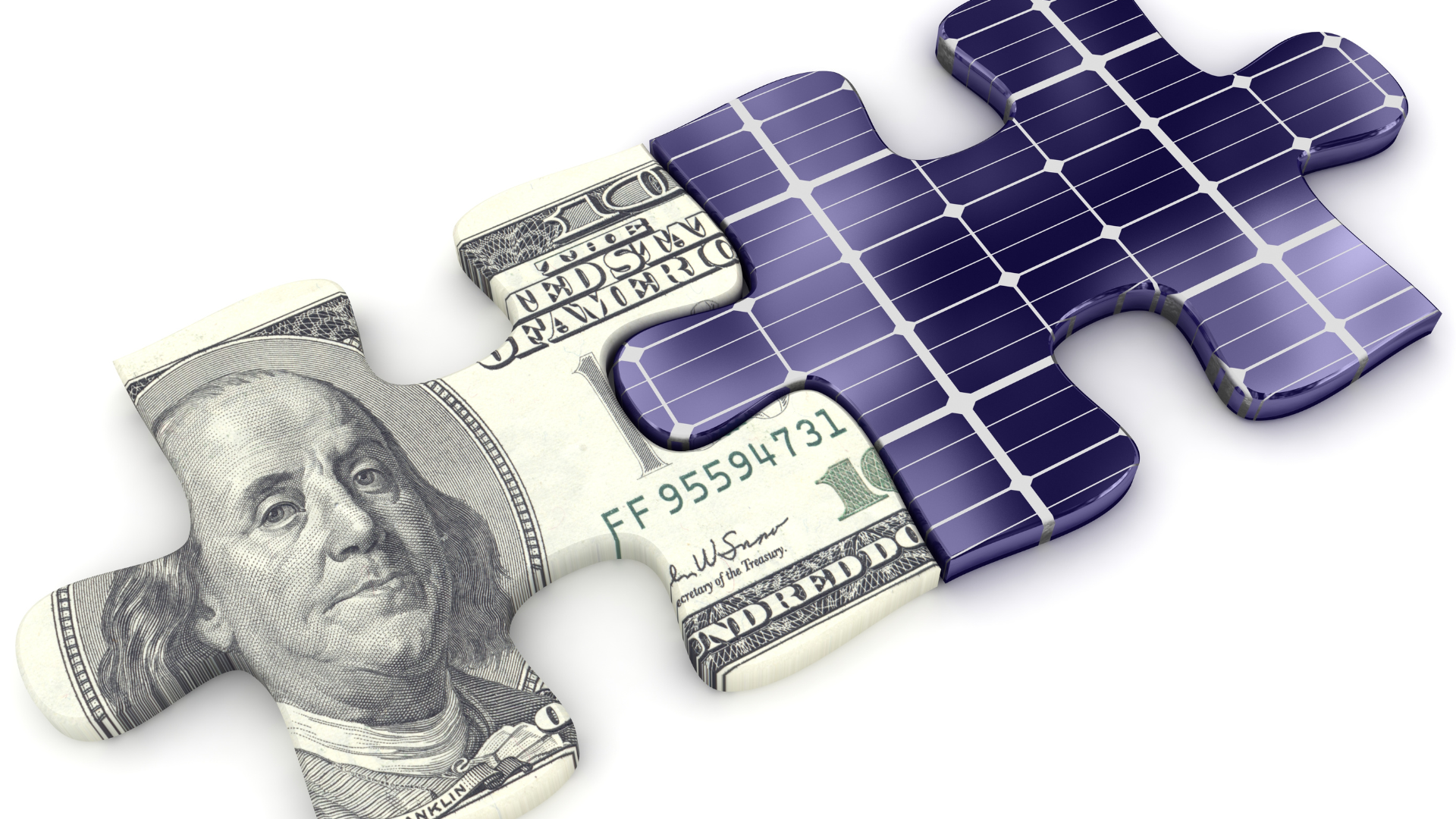
Factors Affecting Solar Panel Weight
Size of the Solar Panel
When considering the size of a solar panel, it is important to take into account the benefits of an
off-grid solar power system. Off-grid systems allow users to generate their own electricity and become less reliant on the traditional power grid. This not only provides energy independence but also reduces electricity bills and carbon emissions. The size of the solar panel plays a crucial role in determining the amount of power that can be generated. Larger panels have a higher wattage capacity and can produce more electricity, making them suitable for powering larger homes or businesses. However, it is important to consider the available space for installation and the specific power needs of the property. Additionally, the weight of the solar panel should also be considered, as it can affect the installation process and the structural integrity of the roof. Overall, the size of the solar panel is a key factor to consider when designing an efficient and sustainable
off-grid system.
| Size | Power Output |
|---|---|
| Small | 100-200 Watts |
| Medium | 200-400 Watts |
| Large | 400-600 Watts |
Note: The power output mentioned above is approximate and may vary depending on the specific solar panel model.
Choosing the right size of the solar panel is crucial for maximizing energy production and optimizing the performance of the off-grid system. It is recommended to consult with a solar energy professional to determine the most suitable size based on the energy needs and available space.
Type of Solar Panel
There are different types of solar panels available, including monocrystalline, polycrystalline, and thin-film. Each type has its own advantages and disadvantages.
Monocrystalline panels are known for their high efficiency and sleek appearance.
Polycrystalline panels are more affordable but slightly less efficient.
Thin-film panels are lightweight and flexible, making them suitable for certain applications. Depending on the type of solar panel chosen, the weight can vary.
Benefits of an Off-grid Solar Power System include energy independence, reduced carbon footprint, and potential cost savings. Off-grid systems allow users to generate and store their own electricity, making them ideal for remote areas or locations with unreliable grid power. An off-grid system can be designed using any type of solar panel, depending on the specific requirements and conditions. Below is a comparison table of the different types of solar panels:
| Type | Efficiency | Cost |
|---|---|---|
| Monocrystalline | High | Higher |
| Polycrystalline | Moderate | Moderate |
| Thin-film | Low | Lower |
An off-grid system provides the freedom to generate and use electricity without relying on the grid power supply.
Material Used in the Solar Panel
The material used in the solar panel plays a crucial role in determining its weight. Most solar panels are made using silicon, which is a lightweight and durable material. Silicon-based solar panels are commonly used in residential, commercial, and portable applications. These panels are known for their
high efficiency and
long lifespan. Another material used in solar panels is thin-film, which is lighter and more flexible than silicon. Thin-film panels are often used in portable solar applications. The choice of material depends on the specific requirements of the solar panel and the intended application.
Benefits of an Off-grid Solar Power System include reduced reliance on the grid, lower electricity bills, and environmental sustainability. Off-grid systems, which are not connected to the main power grid, provide power independently and are often used in remote areas or for emergency backup power.
Average Weight of Solar Panels
Residential Solar Panels
Residential solar panels are a popular choice for homeowners looking to harness the benefits of an off-grid solar power system. These panels are designed to generate electricity for residential properties, allowing homeowners to reduce their reliance on traditional energy sources and lower their carbon footprint. An off-grid system enables homeowners to generate and store their own electricity, providing energy independence and potential cost savings. With advancements in technology, residential solar panels have become more efficient and affordable, making them an attractive option for environmentally conscious homeowners. Additionally, the installation of residential solar panels may qualify for government incentives and tax credits, further reducing the overall cost.
Commercial Solar Panels
Commercial solar panels are designed to meet the energy needs of businesses and large-scale operations. These panels are typically larger in size and have a higher power output compared to residential panels. They are also built to withstand harsh weather conditions and have a longer lifespan.
Benefits of an Off-grid Solar Power System can be realized with commercial solar panels, as they provide a reliable and sustainable source of energy for businesses that are not connected to the main power grid. An
off-grid system allows businesses to become self-sufficient and reduce their reliance on traditional energy sources.
Installing commercial solar panels can result in significant cost savings over time, as businesses can generate their own electricity and reduce their utility bills. Additionally, commercial solar panels contribute to a greener environment by reducing carbon emissions and promoting renewable energy.
| Factor | Description |
|---|---|
| Size of the Solar Panel | Commercial solar panels are larger in size compared to residential panels. |
| Type of Solar Panel | Commercial solar panels come in various types, including monocrystalline, polycrystalline, and thin-film. |
| Material Used in the Solar Panel | Commercial solar panels are typically made using high-quality materials such as tempered glass, aluminum frames, and anti-reflective coatings. |
Installing commercial solar panels requires careful consideration of the roof load capacity, as these panels are heavier than residential panels. A sturdy mounting system is essential to ensure the panels are securely installed. Safety measures should also be implemented during the installation process to prevent accidents and ensure compliance with regulations.
Portable Solar Panels
Portable solar panels offer a convenient and versatile solution for off-grid power needs. These compact and lightweight panels are designed for easy transportation and can be used in various outdoor settings.
Benefits of an Off-grid Solar Power System are particularly evident with portable solar panels, as they provide a reliable and sustainable energy source, even in remote locations.
Off-grid systems allow users to generate and store their own electricity, reducing reliance on traditional power grids. Additionally, portable solar panels are an environmentally friendly alternative to traditional generators, as they produce clean energy without emitting harmful pollutants. When considering portable solar panels, it is important to ensure that the panel is compatible with the intended use and has the necessary power output. A
table comparing different portable solar panels can help in making an informed decision. Investing in a portable solar panel can provide peace of mind and power on the go.
Installation Considerations
Roof Load Capacity
When considering the installation of a solar panel system, it is important to assess the roof load capacity. The weight of the solar panels, along with other factors such as snow accumulation and wind load, must be taken into account to ensure the structural integrity of the roof.
Off-grid solar power systems offer numerous benefits, including the ability to operate independently from the grid and reduce reliance on fossil fuels. These systems are particularly useful in remote areas where connecting to the grid may not be feasible.
Installing an off-grid system requires careful consideration of the roof load capacity to ensure the safety and stability of the installation. It is recommended to consult with a professional to determine the appropriate mounting system and safety measures needed for the specific roof and location.
Installing an off-grid system requires careful consideration of the roof load capacity to ensure the safety and stability of the installation.
Mounting System
The mounting system is an essential component of a solar panel installation. It provides the necessary support and stability to ensure the panels are securely attached to the desired location. There are various types of mounting systems available, including roof-mounted, ground-mounted, and pole-mounted systems. The choice of mounting system depends on factors such as the available space, orientation, and tilt angle.
Benefits of an Off-grid Solar Power System can be realized with the right mounting system, allowing for the installation of solar panels in remote areas without access to the grid. An off-grid system provides independence from the utility grid and can be a sustainable solution for powering homes, cabins, and other remote locations. Additionally, an off-grid system can provide backup power during grid outages. It is important to consider the specific requirements and regulations for mounting systems in your area.
| Mounting System Type | Description |
|---|---|
| Roof-mounted | Panels are installed on the roof of a building. |
| Ground-mounted | Panels are installed on the ground using a support structure. |
| Pole-mounted | Panels are installed on a pole or vertical structure. |
Some important considerations when choosing a mounting system include the weight and size of the solar panels, the wind and snow loads in the area, and the structural integrity of the installation site. It is recommended to consult with a professional solar installer to determine the most suitable mounting system for your specific needs.
An off-grid system provides independence from the utility grid and can be a sustainable solution for powering homes, cabins, and other remote locations.
Safety Measures
When installing an off-grid solar power system, it is important to consider certain safety measures. These measures ensure the proper functioning and safety of the system. One of the key benefits of an off-grid solar power system is its ability to provide electricity in remote locations where grid power is not available. This allows individuals to be self-sufficient and independent from the grid. However, it is essential to follow safety guidelines to prevent accidents and ensure the longevity of the system. Some safety measures include
proper grounding of the solar panels, using
appropriate wiring and connectors, and installing
overcurrent protection devices. Additionally, it is important to regularly inspect and maintain the system to identify any potential issues or hazards. By following these safety measures, individuals can enjoy the benefits of an off-grid solar power system while ensuring the safety of themselves and their property.
| Safety Measure | Description |
|---|---|
| Proper Grounding | Ensures electrical safety and protects against electrical shock. |
| Appropriate Wiring and Connectors | Prevents overheating and electrical fires. |
| Overcurrent Protection Devices | Safeguards the system from excessive current and potential damage. |
The safety of an off-grid solar power system is of utmost importance. By adhering to safety measures, individuals can enjoy the benefits of an off-grid system while ensuring the safety of themselves and their property.
